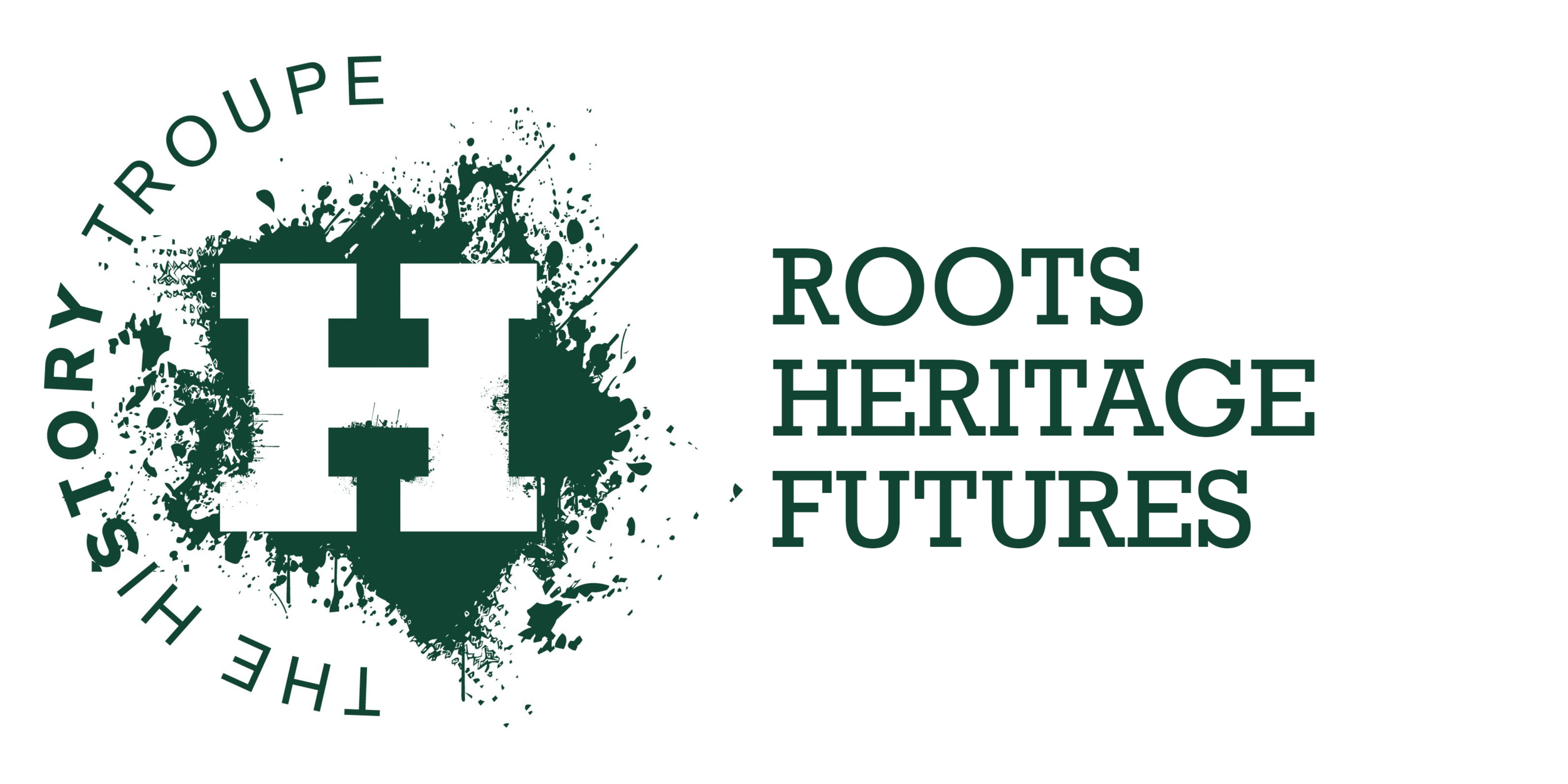Medical Matters
Health and wellbeing affects all of our lives. Over 1 million people work in the NHS and over 500,000 work in firms working in the life sciences sector. More and more schools are offering Health & Social Care courses with scope and content growing every year. The History Troupe has worked directly with St Marys College, Hull and the Clinical Commissioning Group for Hull in the creation of a Medical, Health & Social Care Academy and, a range of content and workshops of relevance to the core curriculum.
THT & SMC MHSC Dementia Awareness Day
Memory Bank
A key part of The History Troupe’s education & community activities. Talks on Local Roots, Heritage & Futures; The Vote, A Play About Dementia, And our full repertoire takes many people down memory lane.
Memory Bank: Hull is our collaboration with the Hull Clinical Commissioning Group and the Yorkshire Film Archive. For people of Hull that means films of the docks and the fishing industry, summer days spent in East Park getting drenched on the splash boat, reliving the drama of the 1980 Rugby Challenge Cup Final and of course Hull Fair! Hugh Pym, BBC Healthcare Editor, is our patron.
History of Health in Hull
Hull was one of the fastest growing cities in the 19th century. The population of 21,000 in 1801 grew to 239,000 by 1901. This was due to industrialisation and from this rapid urbanisation a number of health challenges emerged. Cholera was rife in the 1830s and 40s; Scarletina in the 1880s and the Russian Flu in the 1890s. In fact, disease was a characteristic of port cities back to the Black Death from 1347 to 1351 – when over 60% of the European population died.
This Pop Up Exhibition offers a timeline of Health in Hull from the Black Death down to now with a Population Booth that asks the question – what is the consequence of rapid industrialisation for health? In addition, another booth gives us an insight into a Doctors surgery.
Ageing Population & Dementia
The UK Population is getting older and with this more people are living alone or in residential care homes. In fact, over 4 million people over 65 live alone and 500,000 in residential care. Loneliness is a real issue and the number of over-50s experiencing loneliness is set to reach two million by 2025/6 and close to 1 million have dementia – that is 1 in 6 over the age of 80.
Working closely with the CCG, Hull and other specialist agencies, The History Troupe has devised content that can be used in schools and across the community.
Medical, Health & Social Care Academy
The History Troupe has worked closely with St Marys College and the Clinical Commissioning Group for Hull to establish and build a Medical, Health & Social Care Academy. This innovative venture offers students studying all types of A Levels or B Tech Subjects but sharing a keen interest in career pathways in the NHS and the wider Life Sciences industries.
The History Troupe is now working with St Marys College and the CCG to offer insight and experience in the launch of Medical, Health and Social Care Academies elsewhere. The focus is on building a strategic long-term solution to the pressing need for trained staff. The NHS employs over 1 million people and there are over 10 percent of jobs vacant.




